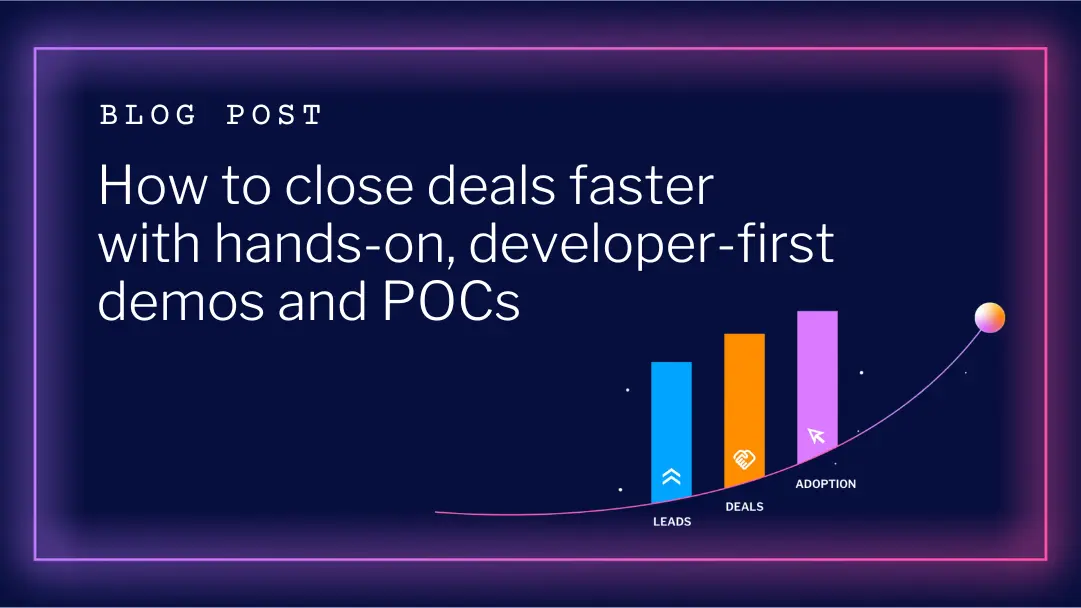5 Effective Ways To Scale Your SaaS Product Education

The Software as a Service (SaaS) sector has seen tremendous growth in recent years, with businesses of all sizes relying on SaaS products to streamline their operations and boost their efficiency.
However, as is always the case, with increased demand arrives a proliferation of competition, making it more challenging for SaaS companies to differentiate themselves from competitors and gain market share. Add on the increased pressure to drive profitability as VC coffers shrink, and SaaS companies find themselves in a pickle. With ‘grow at all costs’ strategies out the window, it’s time for efficient scaling.
One of the best ways to do this is by providing outstanding product education to both your customers and prospects. Here are some tips on how SaaS companies can scale their product education and increase their market share.
1. Develop a Comprehensive Knowledge Base
Creating a comprehensive knowledge base is an essential first step in scaling your SaaS product education. Your knowledge base should be a repository of all the information that your customers need to get the most out of your product. It should include detailed documentation, tutorials, FAQs, and troubleshooting guides.
Your knowledge base should be organized, easy to navigate, and searchable, so your customers can quickly find the information they need. Ensure that you keep your knowledge base up to date and continually add fresh content as you release new features and updates.
As you continue to grow and scale, so too will your knowledge base.
2. Leverage Self-Paced Learning
Buyers have changed, and a big driver of that change is learning behaviors. If your product education is instructor-driven, you’ll struggle to hold the attention of the modern learner.
Self-paced learning is a valuable tool for scaling your SaaS product education. Offering self-paced learning courses allows your customers to learn at their own pace, which can be particularly useful for businesses with distributed teams or those with support staff in different time zones.
Create a library of self-paced learning courses that cover various aspects of your product, including its features, functionality, and best practices. Provide interactive quizzes and assessments to help customers measure their progress and retention of the information.
3. Offer Personalized Training
While self-paced learning is excellent for providing flexibility and convenience, some customers may prefer a more personalized approach to training. Consider offering personalized training sessions, either virtually or in-person, to help customers get up to speed on your product.
A personalized approach can be particularly useful for businesses with complex or sophisticated products that require more in-depth training. Personalized training sessions can help build customer loyalty and improve customer satisfaction.
4. Utilize On-Demand Webinars and Live Events
On-demand webinars and live events are an excellent way to engage with your customers and provide them with valuable product education. Consider hosting regular webinars to showcase new product features or best practices for using your product.
When planning your webinars, ensure that it can be made available on-demand. Your buyers are busy, and expecting them to be available to watch your webinar live is asking a lot. With an on-demand model, they can watch it whenever, and wherever they want.
You can also host live events and invite customers and prospects to participate in workshops, where they can learn from experts and network with peers. These events can help build brand awareness and loyalty, and provide customers with opportunities to connect with your team.
Discover how our customer Syntasso is scaling their product education with live workshops powered by Instruqt.
5. Measure and Track Performance
Measuring and tracking the performance of your SaaS product education is essential to ensure that it is meeting your customers' needs and driving business results. Use analytics tools to track the usage of your knowledge base, self-paced learning courses, webinars, and events. Other items to track would be support tickets and customer satisfaction.
Customer feedback in your product education is critical. You should view your product education as fluid, and be prepared to find ways to continuously improve.
Scaling your SaaS product education is essential for growth in today's hyper-competitive landscape. By developing a comprehensive knowledge base, leveraging self-paced learning, offering personalized training, utilizing webinars and live events, and measuring and tracking performance, you can create a product education program that meets the needs of your customers and helps your business stand out in a crowded market.





.png)

